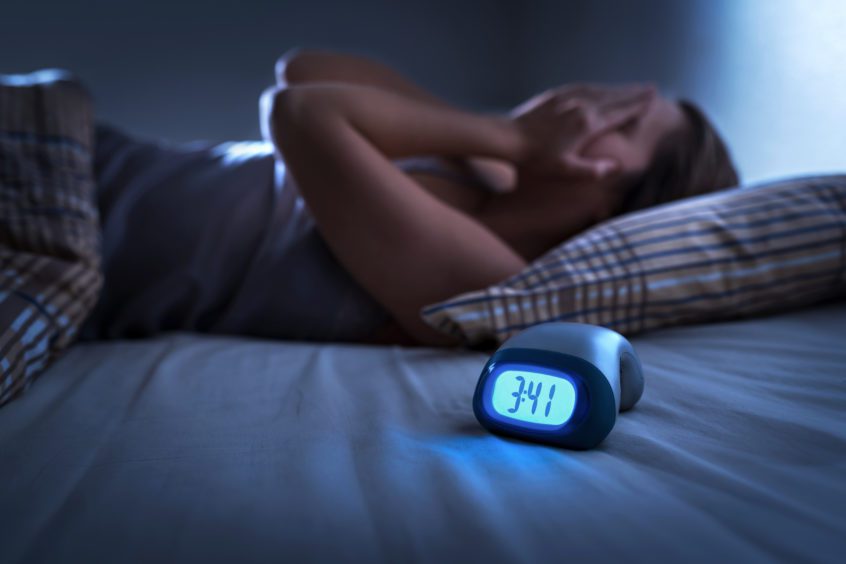Now two years into the Coronavirus pandemic, healthcare providers are seeing that some are suffering from a constellation of symptoms that include insomnia, disrupted sleep, changes in the sleep-wake cycle, and decreased sleep quality. There have even been a couple of terms coined to name the condition—“coronasomnia” or “COVID-somnia.”
Several factors are likely responsible for sleep dysfunction related to COVID-19. A recent meta-analysis published in the Journal of Clinical Medicine showed relatively high rates of symptoms of anxiety, depression, post-traumatic stress disorder (PTSD), psychological distress, and stress in the general population across the globe during the COVID-19 pandemic.
It’s well-documented that insomnia and stress alone can make tinnitus, or ringing in the ears, worse but having COVID has also been linked to worsening tinnitus.
So, if you are experiencing tinnitus and it seems to have gotten worse during the pandemic, what can you do to reduce insomnia, stress and better manage that constant ringing in your ears?
Associated Audiologists offers these tips to help reduce stress:
- List all the areas in your life where there is conflict, excessive worry, uncertainty, or other stress. Concentrate on fresh ways of resolving these issues.
- Delegate some of your duties to others and/or reduce your workload.
- Seek the help of a relevant professional. For example, a financial advisor could potentially reduce financial concerns.
- Communicate how you feel with a close friend, family member, or counselor.
- Exercise regularly to keep yourself healthy, happy, active and relaxed. This can also change chemicals in your body produced in response to stress, which can also improve sleep.
- Mute or turn off your phone when you want to relax.
- Take a relaxing bath or shower to relieve tension.
- Stretch periodically, especially if you sit for hours at a time.
- Educate your family or friends/co-workers about tinnitus; tell them about conditions and settings that are difficult for you; ask them for support.
- Listen to music with 60 beats per minute to decrease stress. You can find songs in this category by searching for “music, 60 beats per minute” online.
- Go outside. Being outside, taking a walk, going for a bike ride, etc., can be very relaxing.
In addition, these tips may help you get a better night’s sleep, which in turn may help reduce your tinnitus:
- Set a bedtime and a wake-up time. You should be tired enough to sleep at your set bedtime. Exposure to sunlight may help you wake up.
- Do not nap during the day.
- Get regular exercise during the day to promote sleep and improve relaxation.
- Avoid caffeine and alcohol several hours before bedtime.
— Caffeine is found in tea, coffee, soda drinks and many chocolates. Try a decaffeinated form of coffee or tea, or substitute your caffeinated beverage with juice or water.
— Alcohol may allow you to fall asleep more easily, but often can disrupt sleep in the second half of the night, and may also increase tinnitus awareness.
- Use sound to prepare for sleep or while awake during the night:
— Select soft, peaceful sounds, such as nature sounds, music, white noise or motor noise (fan, humidifier, etc.).
— Consider a pillow speaker or timer if the sound bothers others.
- Use a sound machine or download a sound therapy app (such as relaxing sounds, white noise, etc.).
If tinnitus continues to disrupt your sleep or gets worse, see a doctoral-level audiologist. An audiologist can evaluate your hearing and can make recommendations to help better manage the condition.



